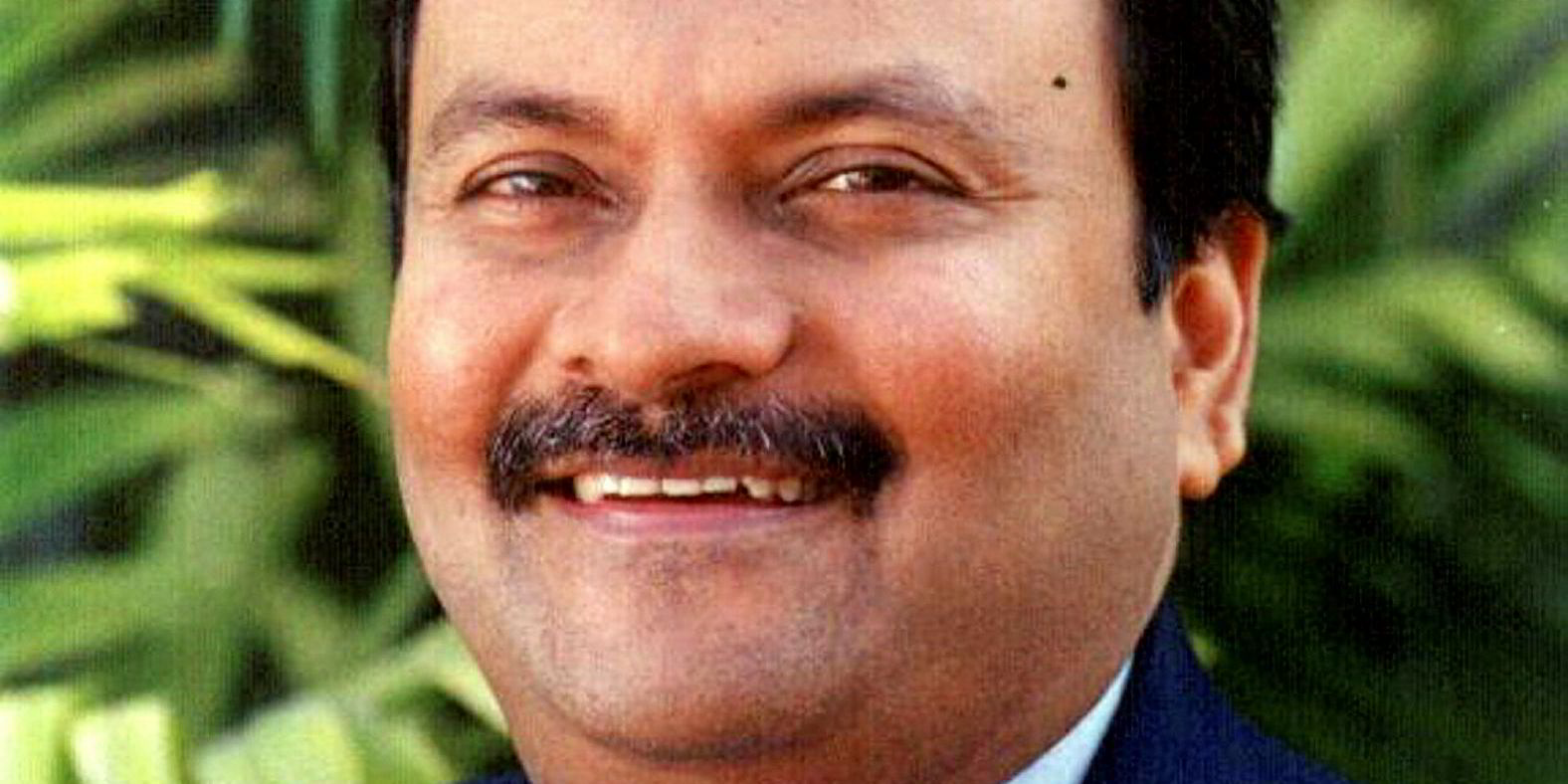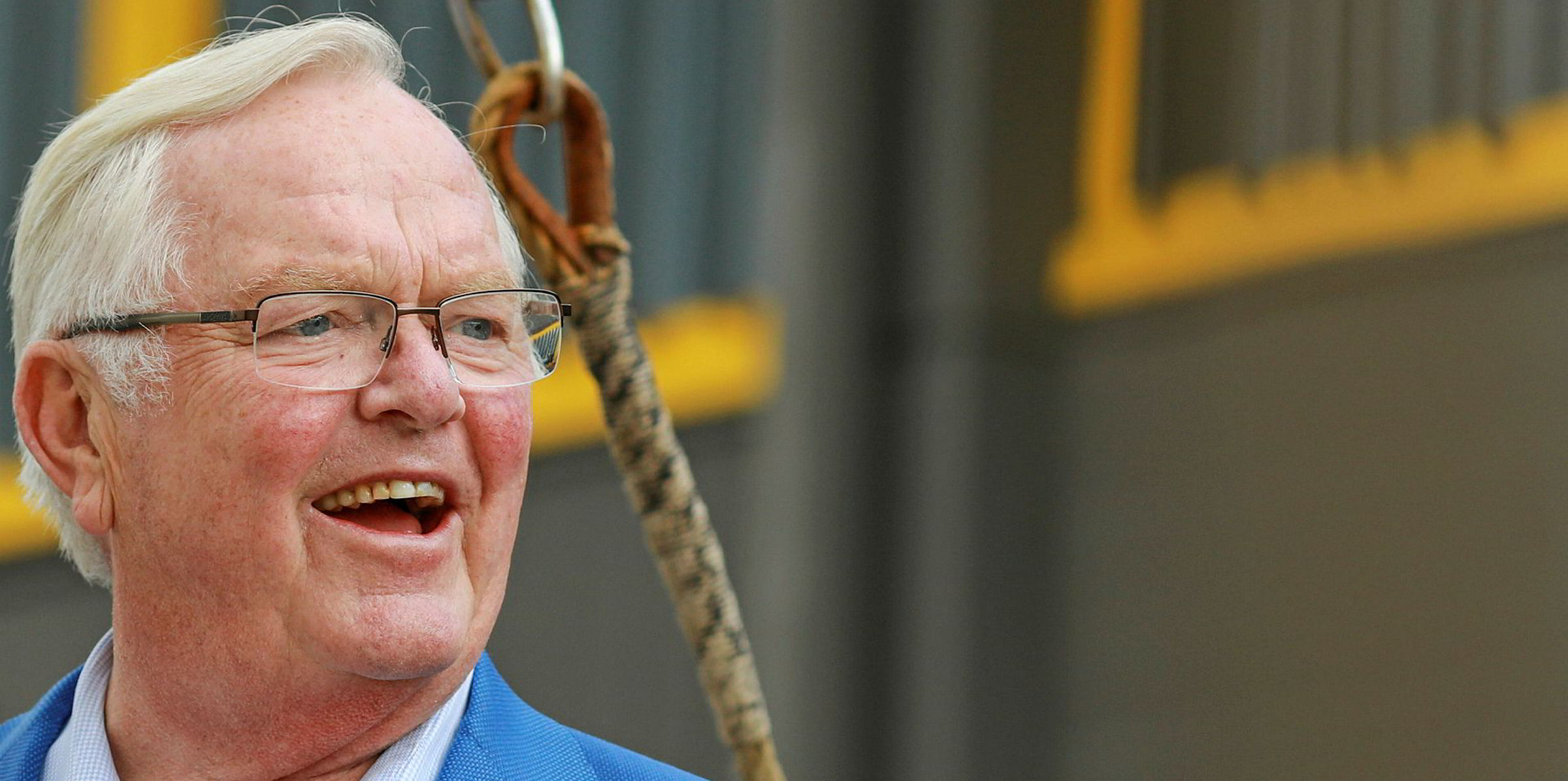Bharat Sheth has finally given up trying to predict vessel demand at the age of 72, the Indian shipowner said.
The managing director of tanker and bulker company Great Eastern Shipping told analysts on a conference call that forecasting is "futile".
"Demand is impossible to predict," he said. "We ourselves have recognised the futility of trying to predict what's going to happen.
"All that we know is, and we've seen this multiple times, that this is an industry that is much more dependent on events, rather than on the supply/demand of commodities and supply of ships."
Positioning is all
He points to rate spikes of between 50% and 300% in a matter of weeks, even at times when vessel supply is outstripping cargo demand
Sheth said: "At the end of the day, it's all about a few extra cargoes that are available and there are very few ships in a particular position.
"In our business, positioning of a ship is much more important than the headline use of supply/demand.
"So you could have an area of this world, some ocean, some part of the world, where the number of cargoes available happens to be more than the number of ships available. And the moment that happens, this market can go up multiple hundred points, right?"
Sheth gave the current example of China, where there is congestion for tankers and bulkers.
Great Eastern has a bulker there that has been waiting for more than 30 days, plus a crude tanker waiting to unload for 20 or 25 days.
"What does that congestion do? It sucks out large chunks of ships from the market," Sheth said. "And the moment that suck takes place, you suddenly find freight markets rally or you can get hit.
At the mercy of events
"What happened when [Hurricane] Katrina hit ... in America? A lot of the refining capacity got impaired for a few months because of flooding, etc. And you saw that market went up five times, six times."
Sheth said exposure to macro events is what makes predictions so tough.
"After 72 years of this, of being in this business, I would be the first to tell you that these are markets which are really impossible to read," he said. "And it's a waste of time trying to even read these markets. It's really a waste of time."
Sheth told analysts the company had believed that in its first quarter starting in April, crude tankers would average $14,000 per day — and they ended up earning $40,000 per day.
"So there is no point predicting these things any further," he said. "So the way we want to be positioned, right, is we must benefit."
The shipowner also had no words of comfort for under-pressure shipyards.
Shipbuilding is a 'bad space'
"I just think that's just the bad space to be in, shipbuilding itself," he said.
"And of course, we are also seeing consolidation shipbuilding wise, in Japan, in South Korea, and in China. I think more and more of these dominant nations in shipbuilding have recognised that shipbuilding is really a bad space to be in."
Sheth told analysts: "So from a supply side, if you ask me, I don't believe that we are going to get a big concern coming from that part of the equation."
He said there is still yard capacity for 2022, but shipping is a very fragmented industry.
"There are multiple shipowners," he said. "What different people want to do with their cash is up to them.
"What we can say, there is potentially a lot of ships which are waiting to be scrapped, right? Now, partly the scrapping has got pushed back because of the current pandemic situation and partly because we had a spurt in the market."
Sheth gave the example of Great Eastern's 20-year-old tankers.
"If you had asked me 12 months ago, what is Great Eastern's plan on these two ships? We would have said to scrap it, because they are coming to the end of their life," he said.
Squeezing out profit
"The moment the market bounced and we had strong earnings, what did we do? We extended the life of these assets, right, so we can squeeze out another 12, 18 months. We can't squeeze out another 10 years. But you can squeeze out another 12 months, and basically, it's a free equity option."
Sheth then pulled out a cricket analogy, comparing the situation to a short-form version of India's beloved sport.
"When I spoke to the board yesterday, I likened it almost to a 20-over match, where you don't know who wins it till the very last ball is bowled," he said.
"And that's what happens in our business. Till the ship is scrapped, you don't know what that last day of equity value will give to you. So that's how we treat all this."







